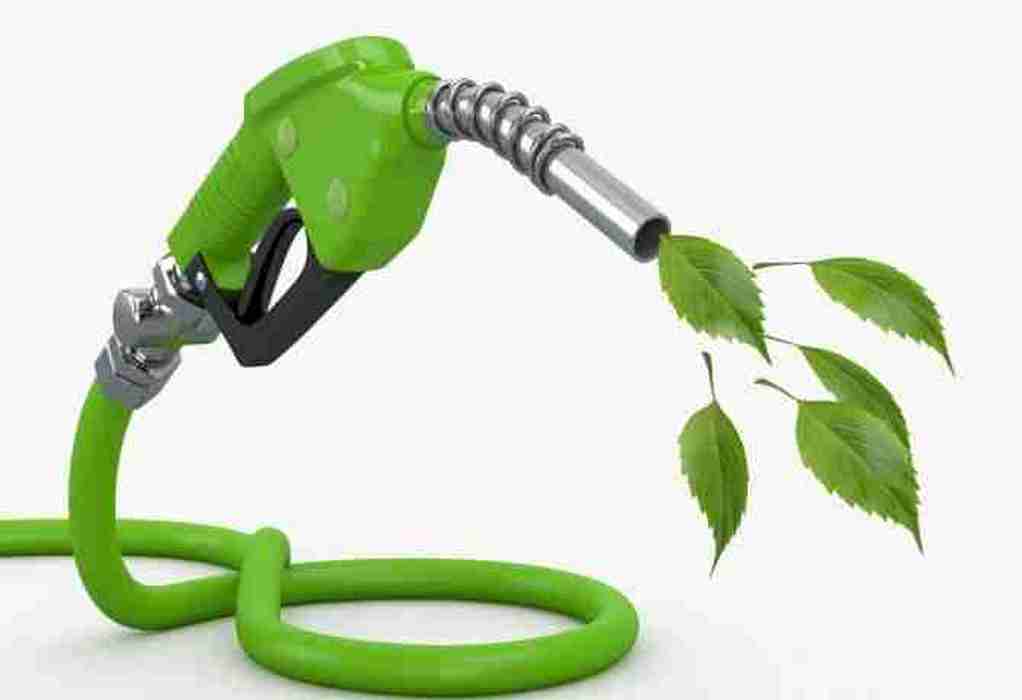The EU announced €1.8bn ($1.8bn) of funding for 17 large-scale renewable energy and decarbonization projects. The projects include hydrogen, renewable power generation and advanced biofuels projects.
Collectively, the projects could save 136mn t/CO2 equivalent over their initial decade of operations. Successful applicants include three hydrogen projects, two of which could produce around 70,000 t/yr combined, of hydrogen. The third, Shell’s Holland Hydrogen development, aims to build a 400MW electrolyser by 2027.
Funding was awarded to four carbon capture and storage (CCS) projects attached to cement production facilities – typically a hard-to-abate sector – in France, Germany, Bulgaria and Poland.
An offshore wind project, solar and battery manufacturing plants and a plastics recycling development also secured funding. The projects were chosen from 139 applicants under the EU’s second call for large-scale decarbonization developments with capital costs over €7.5mn. The grants will come from the EU’s Innovation Fund.
A carbon mineral storage project in Iceland won financing. It will have estimated storage capacity of 880mn t/CO2 and puts the cost of CO2 storage at €13/t — significantly lower than industry estimates, although these also include capturing the gas.
There were 20 further projects not deemed mature enough for a grant. It has pre-selected these for development assistance from the European Investment Bank, with further announcements on this due in the fourth quarter.
Tags: Decarbonisation, Energy Transition, eu, Technologies



Recent Posts
Polish Delegation and JKSH Group Explore Green Energy Project in Andhra Pradesh
bigbasket Expands EV Delivery Fleet to 50 Cities with Support from Kazam
Axpo Completes Spain’s First Ship-to-Ship Bio-LNG Bunkering for Container Vessel at Algeciras
BLG LOGISTICS and Liebherr Strengthen Sustainable Port Operations with Shore Power-Ready Crane in Bremerhaven
Beijing Maersk Enters Service as Latest Methanol-Powered Containership
Yinson GreenTech and C-Torq Deliver Marine Battery System for Hybrid Vessel in the Middle East
Singapore Tugboat Receives Biofuel-Ready Notation Following Retrofit
NYK Names Sixth Dual-Fuel LPG Carrier “Luna Pathfinder”